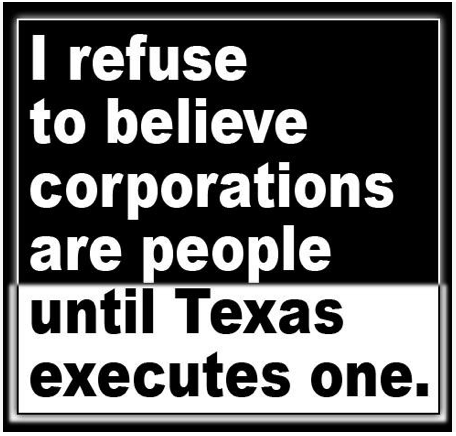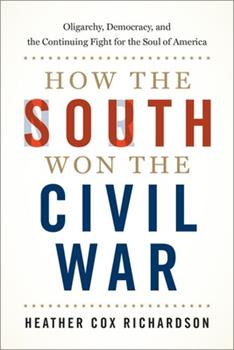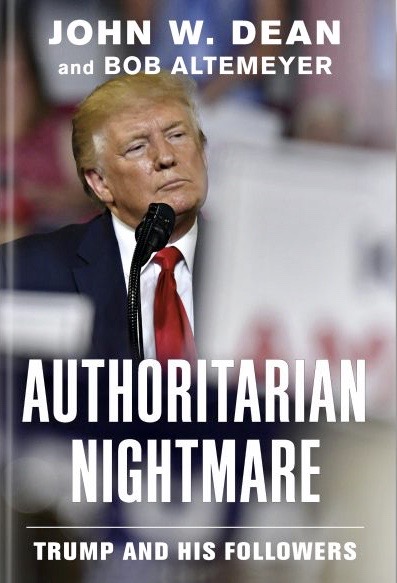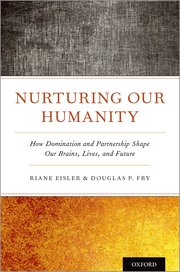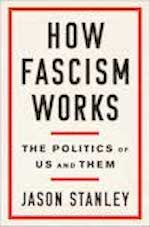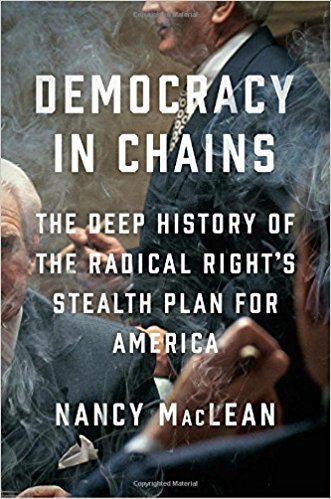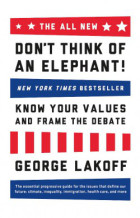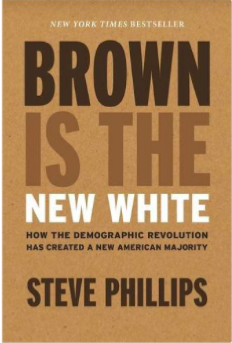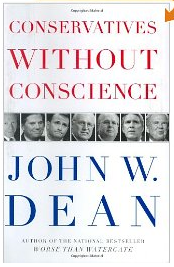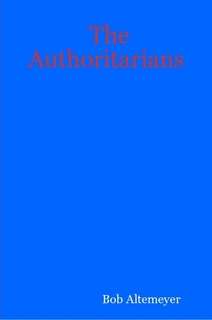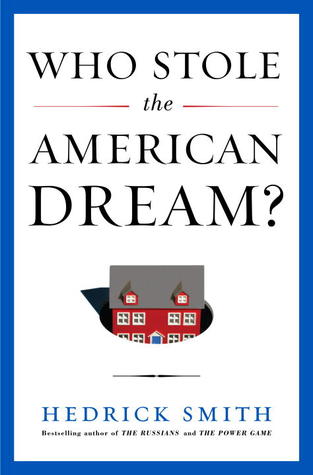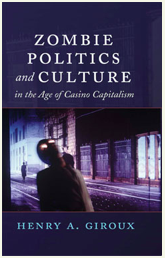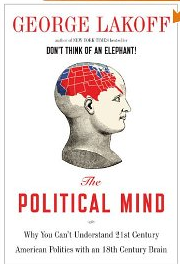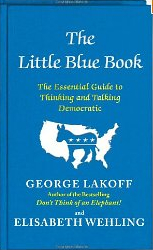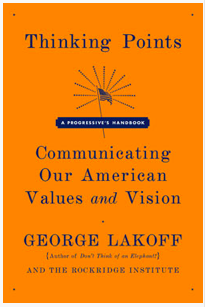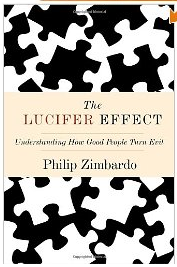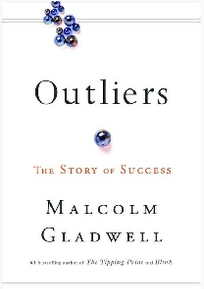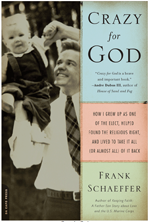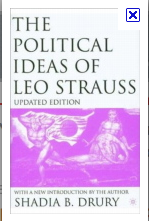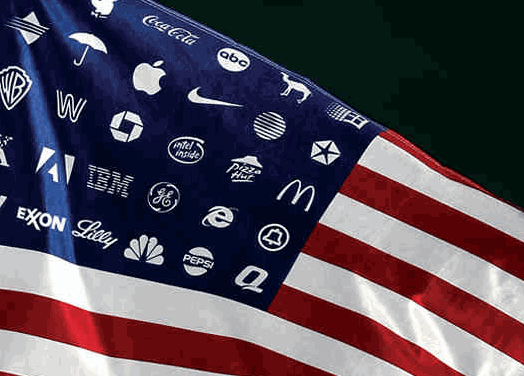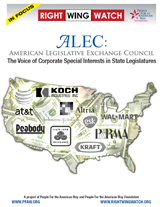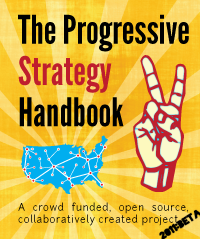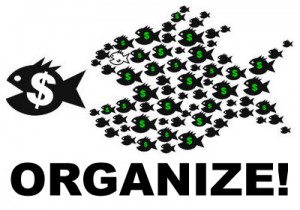The following information is taken from: Sourcewatch and Right Web.
Sourcewatch excerpts:
… The following year [1981] he was appointed Assistant Secretary of Defense in the presidential administration of Ronald Reagan. During the presidential campaign of George W. Bush, Perle served as a foreign policy advisor.
In February 2002, the dispute [as an Israeli agent of influence] spilled over into the Washington Post’s editorial pages, with one writer blasting the ‘toxic’ charge that Israel was unduly influencing President Bush’s Iraq policy. A Post editorial responded by pointing out that Perle, who was chairman of the Pentagon’s Defense Policy Board, and two other Bush policy men, Douglas Feith, undersecretary of defense for policy, and David Wurmser, a State Department special assistant, had in 1996 participated in Likud policy deliberations. Under the auspices of the Institute for Advanced Strategic & Political Studies, a Likud-leaning Israeli think tank, the three helped come up with a paper, A Clean Break: A New Strategy for Securing the Realm, which declared that “removing Saddam Hussein from power in Iraq” was an “important Israeli strategic objective in its own right as a means of foiling Syria’s regional ambitions.” (Clean Break spells out the reconfiguration of the Middle East into an Israeli sphere of influence, and the document is viewed as the basis upon which PNAC was formulated. The Israeli designs would only be feasible if the United States provided the muscle and the resources, and thus the nexus between these two plans. Clean Break also undermined all the negotiating efforts to obtain a negotiated solution with the Palestinians.)
… Whether or not Perle speaks for Bush, the president’s recent reasoning on Iraq follows a pattern found in Perle’s writings, particularly in a lengthy piece for Israel Insider, which uses numerous non-sequiters[sic] in its emotionally-charged connection of Saddam to terrorist activity.
… Perle is fighting off the impression that he was trying to use his Pentagon influence to profit from a war that he is doing all he can to implement. [Seymour] Hersh criticized Perle’s relationship with Trireme as an ethical conflict of interest, to which Perle responded by calling Hersh “the closest thing American journalism has to a terrorist.”
Perle is also associated with the Foundation for the Defense of Democracies, which backs Bush’s Iraq war push. Others with the foundation are columnist Charles Krauthammer,the Weekly Standard editor Bill Kristol, and Georgia senator Zell Miller. …
The wide-ranging Perle even finds himself involved in Total Information Awareness technology. … Congress forbade such technology to be used against Americans.
Mr. Perle has received some heat due to a possible conflict of interest with serving on the Defense Policy Board and being hired as an advisor for Global Crossing. … Perle maintained that he had not violated any ethics rules, but decided to resign his position as chairman of the Defense Policy Board on March 26, 2003 ….
… On March 29, 2003, The New York Times reported that Perle was involved with Loral Space and Communications in 2001 as an advisor while it faced accusations that it transfered rocket technology to China. …
In a press conference held on March 25, [2004,] to promote the book [Battle Ready], both Clancy and Zinni singled out the Department of Defense for criticism. Clancy recalled a prewar encounter in Washington during which he “almost came to blows” with Richard Perle …
Right Web excerpts:
Richard Perle is widely considered a core representative of the neoconservative political faction; he played a central role in championing the war in Iraq and an aggressive war on terror centered on the Middle East in the wake of 9/11. Once dubbed the “Prince of Darkness†because of his advocacy of extremely hawkish anti-Soviet policies while in Ronald Reagan’s Department of Defense, Perle’s former post as chairman of then-Defense Secretary Donald Rumsfeld’ s Defense Policy Board (DPB) in the years leading up to the Iraq War gave him a privileged perch from which he helped shape Bush administration foreign policies.
Echoing the efforts of the Project for the New American Century (PNAC), Perle convened a meeting of the DPB shortly after the attacks to produce policy alternatives for the administration. Perle invited as a guest to the classified meeting Ahmed Chalabi, the Iraqi exile who was a longtime confidant of Perle’s …. Commenting on this apparent coordination in and outside the administration, Jim Lobe and Michael Flynn wrote: “It appears that after 9/11, the network of hawks and neoconservatives that had coalesced around PNAC’s founding agenda had mobilized in a highly coordinated way to fashion the administration’s response to the terrorist attacks and rally the public behind their new agenda†(see “The Rise and Decline of the Neoconservatives,†Right Web Analysis, November 17, 2006).
Like many neoconservatives, Perle seems to have been particularly influenced by his views of the Holocaust …. Said Perle in a 2003 interview with BBC: “For those of us who are involved in foreign and defense policy today, my generation, the defining moment of our history was certainly the Holocaust. It was the destruction, the genocide of a whole people, and it was the failure to respond in a timely fashion to a threat that was clearly gathering. We don’t want that to happen again; when we have the ability to stop totalitarian regimes we should do so, because when we fail to do so, the results are catastrophic†(Jim Lobe, “Moral Clarity of Moral Abdication?†TomPaine.com, May 11, 2005). Similarly, in his 2004 book An End to Evil , he and coauthor David Frum argued: “For us, terrorism remains the great evil of our time, and the war against this evil, our generation’s great cause … There is no middle way for Americans: It is victory or holocaust†(Jim Lobe, “From Holocaust to Hyperpower,†Inter Press Service, January 26, 2005).
In an op-ed for the New York Times Perle wrote: ” … This means precise military action against Hezbollah and its infrastructure [By Israel in 2006] in Lebanon and Syria, for as long as it takes and without regard to mindless diplomatic blather about proportionality.”
Perle has for decades supported the work of a number of hardline think tanks and advocacy groups, including the Committee on the Present Danger, PNAC, AEI, the Jewish Institute for National Security Affairs, the Hudson Institute, and the Center for Security Policy.
In 2001, Perle also signed the now notorious post-9/11 PNAC letter to President Bush arguing that “even if evidence does not link Iraq directly to the attack, any strategy aiming at the eradication of terrorism and its sponsors must include a determined effort to remove Saddam Hussein from power in Iraq. Failure to undertake such an effort will constitute an early and perhaps decisive surrender in the war on international terrorism. The United States must therefore provide full military and financial support to the Iraqi opposition. American military force should be used to provide a ‘safe zone’ in Iraq from which the opposition can operate. And American forces must be prepared to back up our commitment to the Iraqi opposition by all necessary means.â€



